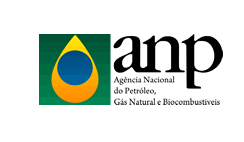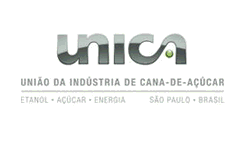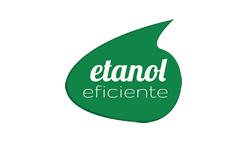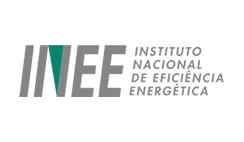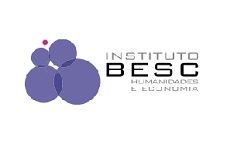IInd International Seminar on Efficient Ethanol Use
Date
September, 17th and 18st, 2015
Objective
Why has research on ethanol motors in Brazil been reduced to almost zero? Can ethanol replace diesel? How and in what uses? What are the consequences of replacing diesel with ethanol in terms of the carbon footprint? Who wins or loses in this situation?
These themes will be addressed during the seminar in presentations by specialists and panels with the participation of main stakeholders. Although centered on Brazilian issues, the seminar will also discuss the possible diffusion to other countries.
Modern automotive use of Ethanol started in Brazil after the first oil crisis, to reduce gasoline imports. Initially, pure ethanol was blended with gasoline and, after 1979, hydrated ethanol (5% water content) was also used as a gasoline substitute in retrofitted and later, specially designed cars.
The success of these initiatives led other countries to use ethanol as an automotive fuel beginning in the ‘90s, due to environmental concerns. Increased and diversified worldwide ethanol production from several feedstock and technologies is turning it into a new commodity.
Pure ethanol is presently added to gasoline in more than 20 countries, in proportions that vary from 3% to 27%. In Brazil, a fleet of about 30 million Flex Fuel Vehicles (FFV) enables the use of hydrated ethanol supplied by an extensive chain of fueling stations. Next in such use is the USA where 17 million FFV are in circulation and E85 ethanol is sold in 5% of the country’s fueling stations. Sweden and Australia have a smaller number of ethanol cars.
Target Audience
Sugar cane agribusiness, automotive industry, systemists, institutional investors, financial agencies, regulatory, licensing, financing and planning agencies of Federal, State and Municipal Governments, related to the themes of energy and local environment and education and research centers.
About INEE
Instituto Nacional de Eficiência Energética (National Institute of Energy Efficiency) created in 1994, is a private non-profit organization which brings together people and institutions interested in promoting the efficient use of all forms of energy in Brazil. It seeks to reduce market imperfections by improving the level of available information and supporting the creation of norms and legislation. (www.inee.org.br)
About PrEE
Programa Etanol Eficiente (Ethanol Efficient Program), started in 2014, as an INEE program to enhance the competitiveness of hydrated ethanol (HE) as an automotive fuel, by the increase of its utilization efficiency.
About IBESC
Instituto Besc de Humanidades e Economia (Institute of Humanities and Economics), created in 2009, organizes seminars congress and their activities for the exchange of experience among experts on subjects related to sustainability. (www.institutobesc.org).
 INEE Eventos
INEE Eventos